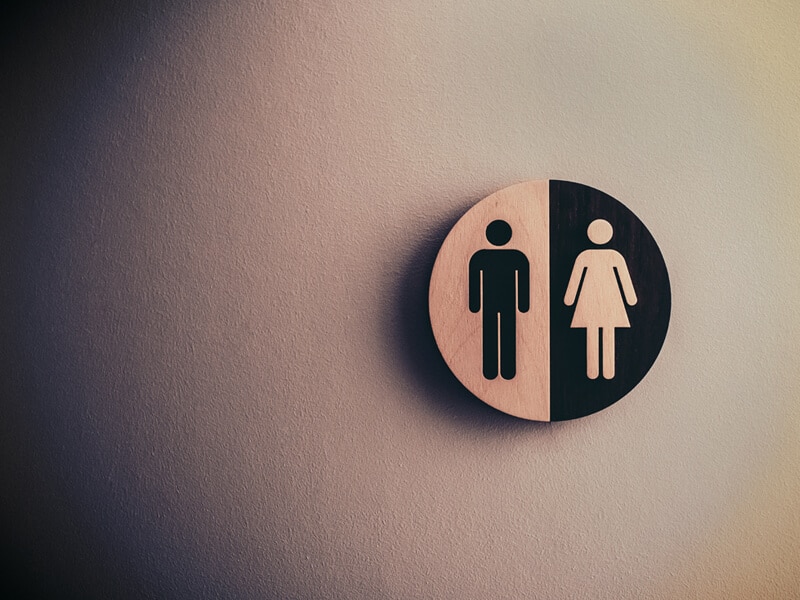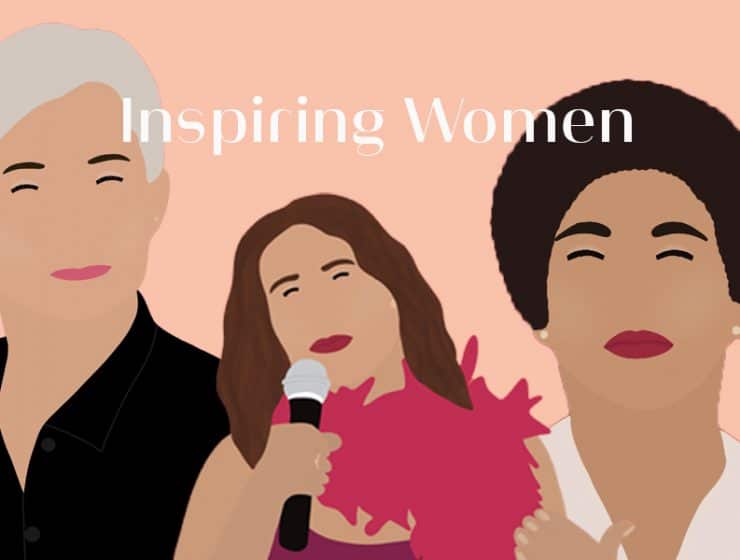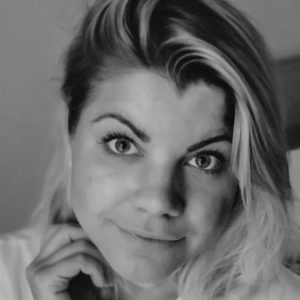Anyone who follows the public debate around gender will quickly notice that it is a very complex issue that brings together many different angle. The problem is a global one. Our author believes that the discussion is far from resolved.
“You do not enter the world as a woman, you become one.” This – often misquoted-sentence comes from the book, “The Second Sex” by Simone de Beauvoir and concisely summarizes the thesis of this over 900-page pioneering work of feminist philosophy. In 1949 de Beauvoir produced this provocative notion that gender is not a biological concept, but rather a social and cultural construct. In de Beauvoir’s mind, oppression was central to womanhood, a lack of autonomy within societal power constructs. 70 years later
we find ourselves still in the middle of this discussion over gender roles, equality and anti-discrimination and we still have a lot to come to terms with.
Gendered Language and the Wage Gap – Discussing Gender Today
The year is 2019, the current discussion around gender seems more heated and controversial than ever before. As is often the case when positions are polarized, the goal is always to convince the other side that they are in the wrong. On the topic of gender, the conservative understanding of gender (in the sense of binary constructs of men versus women) is juxtaposed with the values of feminism, looking to overthrow this system and encourage more diversity of lifestyles. The buzzwords like wage gap and #metoo spark intense struggles over values and worldviews, while the discussion over
gender-inclusive language is equated to a war on beliefs and opens up disputes
that go much deeper and question social norms.
Language is Power – Gender-inclusive Language
Let’s take the topic of gender-inclusive language. Opponents often accuse supporters of devaluing language and refer to practices like the asterisk on nouns (to note gender diversity in a group or term) as nonsense. From the other side comes the argument that power dynamics reinforce themselves through language, and that gender equality can only really emerge when it can be expressed linguistically.
I admit, I find it exhausting to write in a gender-inclusive way. There is no special lyrical quality to be found either. Even so, I consider the debate important because it is not only about language, but also institutional inequality, which – yes – expresses and conveys itself through language. You can of course continue to argue about whether a gender-inclusive asterisk is annoying or important. You can also just take a deep breath and consider what this really is about. As different as the topics are, from language to wage gaps to abuse, they all have an important common feature: they are about oppression and discrimination. This is something that should, in our free and democratic society, ring the alarm bells. It’s the opposite of equality.
Discussing Gender: the Long Road to Equal Rights
The World Bank has recently discovered that in only 6 countries are women truly equal in the eyes of the law. Not exactly a great sign that we no longer have to deal with “gender nonsense.” Additionally, this lens keeps us in binary from and leaves out people who do not fit this construct. The discussion is definitely not over. The question is, however,
whether we are fighting the right battles to reach our goals of equality and diversity. These social structures and norms that still have an oppressive effect on lifestyles and value systems.
Behind all of this debate and discussion is the fight for equal rights. And because of this, it is only incidental whether or not it’s about #metoo or the wage gap. These are just symptoms that will always be there unless there is real social change. That means that nobody’s life is shaped by oppression nor do they oppress anybody else. The words of Simone de Beauvoir remain with me, “The woman has no other choice but to work towards freedom. This freedom can only be a collective one.” Just one thing, let’s add an asterisk to the word “woman!”




